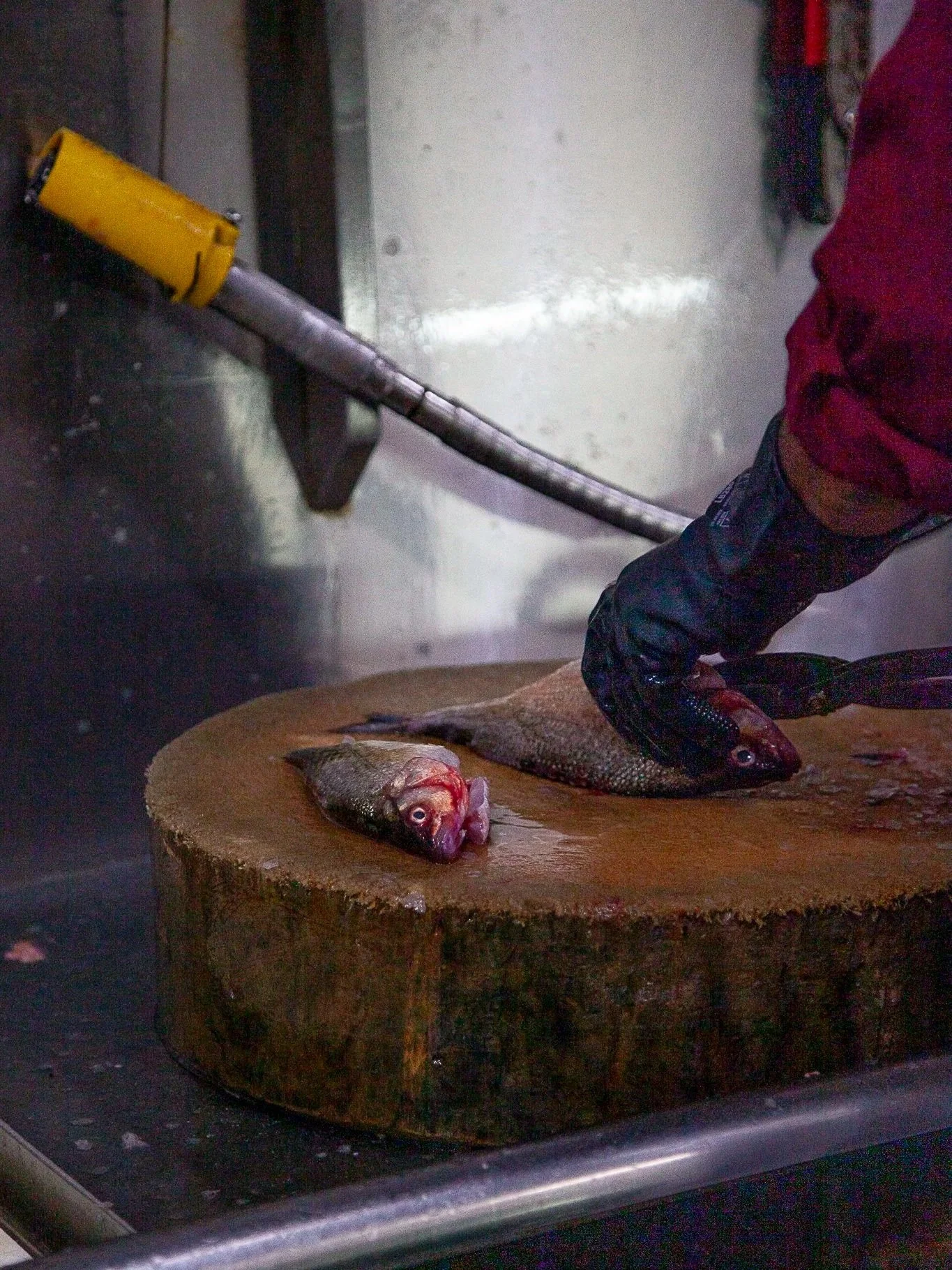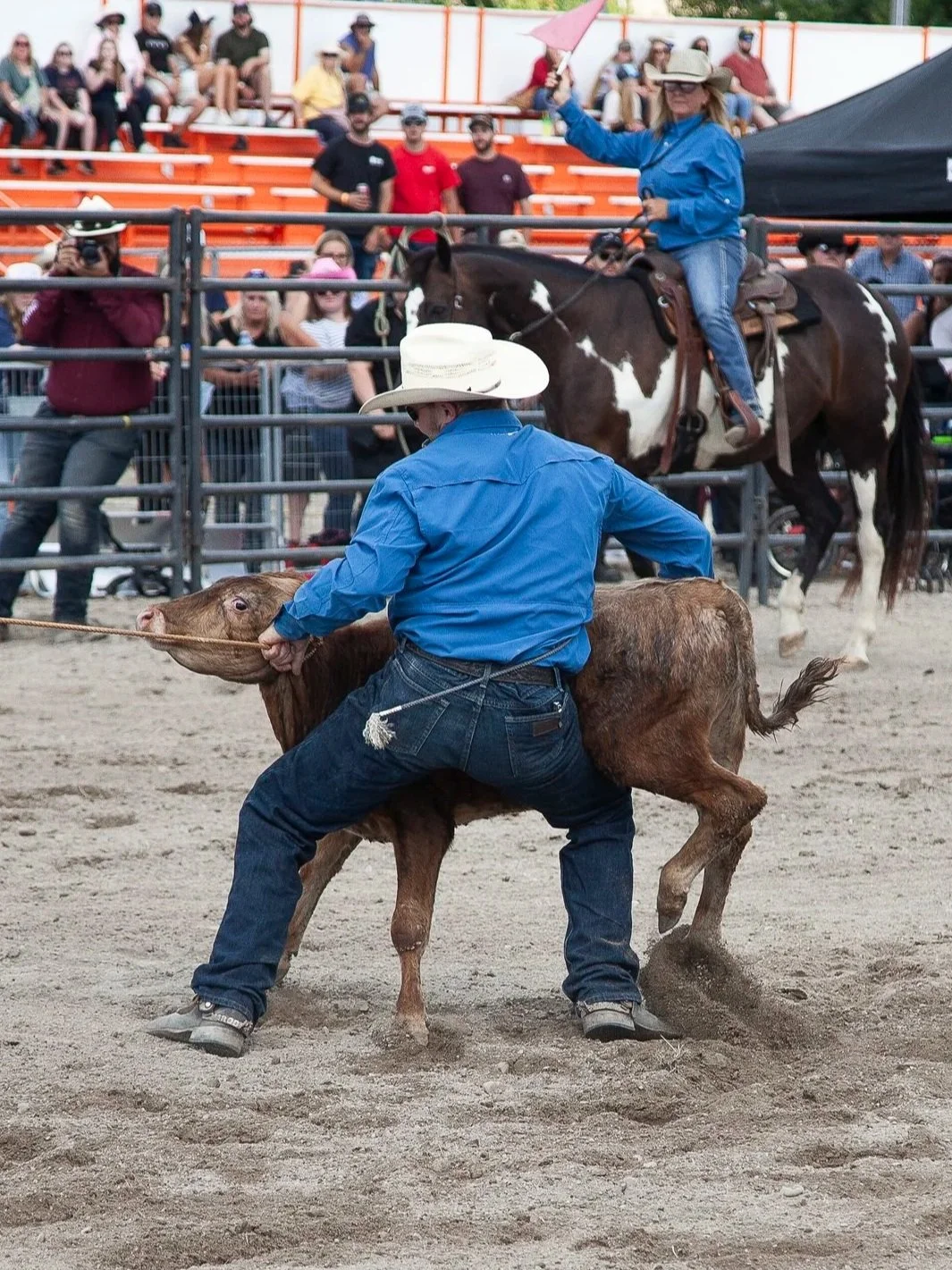Speciesism
Most of us are opposed to violence. We go out of our way to avoid it and protect ourselves and others from it. Many will even bravely speak up to stop it when they see someone hurting another. Yet, when it comes to other animals - especially the ones that we eat or use - we are encouraged to look away.
We know that animals have to be killed for that neatly wrapped piece of flesh at the grocery store but most will turn away when they’re shown how it got there. Who it came from.
We don’t want to see it.
We don’t want to know.
This is because the bloody reality of killing and eating animals is innately repulsive to us.
If it’s natural then why does it make us feel so uncomfortable? Does slicing an apple repulse us? We’re conditioned from childhood to believe that using and killing animals is a necessity and to accept this belief of normalized violence uncritically. But is that even true? Where does this belief stem from?
Speciesism is the assumption of human superiority leading to the exploitation of non-human persons. It is a human-held belief that all other animal species are inferior to us. Speciesist thinking involves considering animals—who have their own desires, needs, and complex lives—as means to human ends.
This supremacist line of “reasoning” is used to defend treating other living, feeling beings as property, sources of entertainment, objects to experiment on, wear, or even recipe ingredients. It’s a bias rooted in denying others their own agency, interests, and self-worth, often for personal gain.
Image: Live fish, who are unable to vocalize their pain and suffering, are cut open with scissors at a seafood market. / Louise Jorgensen
Opponents of speciesism have claimed that it is analogous to racism, sexism, and other forms of discrimination and prejudice.
Peter Singer, author of Animal Liberation, argues, “Racists violate the principle of equality by giving greater weight to the interests of members of their own race when there is a clash between their interests and the interests of those of another race. Sexists violate the principle of equality of favoring the interests of their own sex. Similarly, speciesists allow the interests of their own species to override the greater interests of members of other species. The pattern is identical in each case.”.
Image: A frightened calf is roped and “hog-tied” at a rodeo. / Louise Jorgensen

“I can't pinpoint the time or moment when I thought there was something to the argument, so it was a kind of accumulative process. But once there was a tipping point... When you come out the other side intellectually, I'd almost say it's crippling. You're immediately confronted with a holocaust, that is occurring everywhere at all times and everybody you know; your loved ones and people you hate, everywhere, they're all participating in it.
And here I am, I'm just talking about it, I'm kind of somewhat impassionately just talking about it because I'm trying to relay my feelings about it. When really the only reasonable response to that realization... to waking up to this world we live in, is a fucking explosion. That's the only reasonable response. Because this is something that's never happened before and it's so bad. How do you possibly talk about a holocaust that's happening everywhere, all the time, every day and everybody's included? How do you talk about that when it's just a laughable subject when you bring it up? When your friends and your family think it's cute when you've decided that you've taken an interest in the ‘animal issue’. But you know, ‘I'm glad you've made your choice, please respect my choice’ - How in the hell do you possibly go on in that world? How do you not see the world and everybody in it as dark and dangerous and irrational? How in the world do you not see your life, that you've lived up until that point when you've woken up as inexcusable?”
Alex Melonas
cinematographer, Speciesism - the Movie


